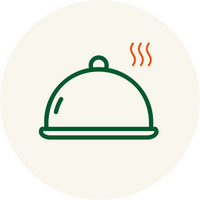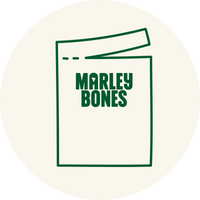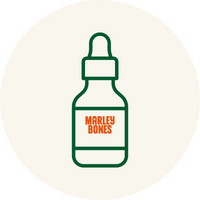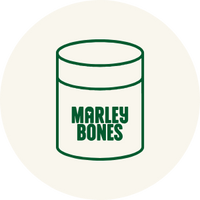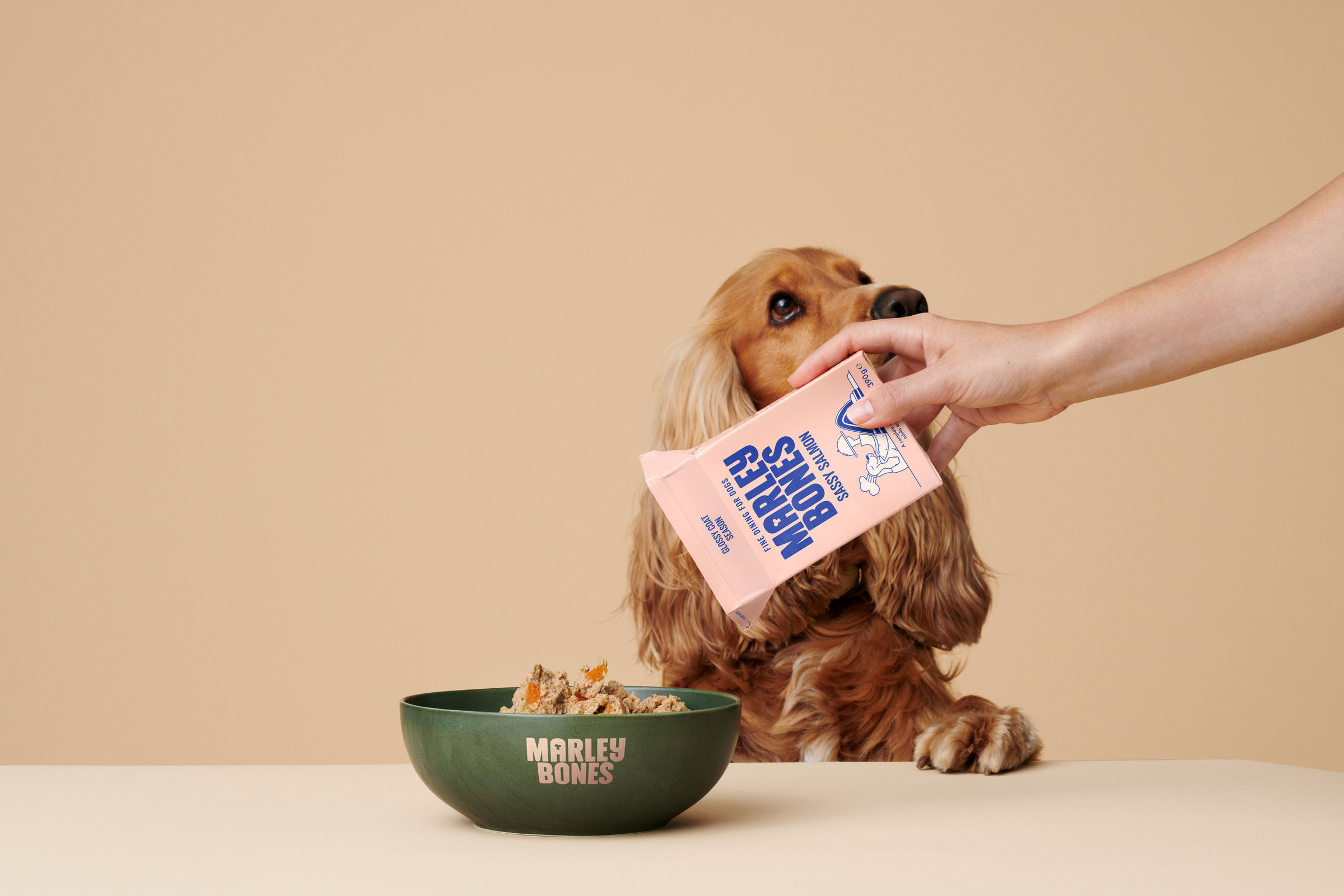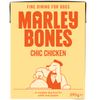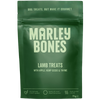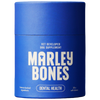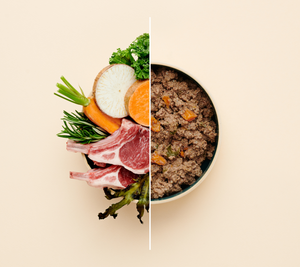Why Do Dogs Sneeze When They Play? Understanding This Quirky Canine Habit
If you’ve ever watched your dog get the zoomies or tumble around with a playmate, you may have noticed something curious: a sudden, playful sneeze mid-romp. Don’t worry—your dog isn’t sick. In fact, sneezing during play is a completely normal and instinctive behaviour in dogs. It's part of how they communicate, regulate their bodies, and keep things friendly.
Understanding why dogs sneeze during play helps you interpret their body language and know when everything’s going just fine—or when to step in.
Dogs Sneeze During Play To Show They're Just Having Fun
Play sneezing is one of several body language tools dogs use to communicate. It’s a way to say, “I’m not being aggressive—this is all in good fun.” Whether they’re wrestling with another dog or getting the zoomies, a sneeze often serves as a calming signal to keep the mood light.
What play sneezes usually mean:
- A sign of excitement
- A signal to other dogs that play isn’t serious
- A way to release energy during fast, intense movement
These sneezes are typically quick, soft, and often paired with a relaxed body, wagging tail, or playful barks.

Playful Sneezing Can Also Be Physical
Not all sneezing during play is emotional. Some of it is simply physiological. High-energy movement—like rolling around or rapid head shakes—can irritate the soft tissues of the nose or throat, triggering a reflex sneeze.
Dogs may also sneeze because:
- Their nasal passages are stimulated from dust or pollen kicked up during outdoor play
- Excited breathing causes vibrations in the soft palate
- Contact with other dogs' fur, paws, or mouths tickles their snouts
- These reflexive sneezes help clear their airways and aren’t a cause for concern.
How To Tell Play Sneezes From Health Issues
Although sneezing during play is typically harmless, it's important to know when it might signal something more serious. If your dog is sneezing outside of playtime, or if the sneezing becomes frequent and intense, it's worth checking for signs of irritation or illness.
Play sneezes are:
- Soft and short
- Only happen during excitement or interaction
- Not accompanied by discharge or signs of discomfort
- Sneezes that may need a vet visit:
- Repeated or forceful sneezing
- Discharge (clear, yellow, green, or bloody)
- Pawing at the nose or signs of pain
- Accompanied by coughing or breathing changes
If you're unsure, it's always a good idea to consult your vet—especially if your dog’s behaviour changes or symptoms persist.
Dogs Use Sneezes as Part of a Bigger Body Language Picture
Sneezing is just one way dogs communicate during play. To fully understand what your dog is saying, it’s helpful to consider the full range of their body language.
Common signs your dog is playing and not fighting:
- Play bows (front legs stretched out, bottom in the air)
- Wiggly body and loose posture
- Tail wagging mid-level or in circles
- Open, relaxed mouth—not tense or bared teeth
- Other friendly gestures include:
- Soft barks or playful growls
- Hip nudges
- Sneezing or snorting to keep things light

When Sneezing Becomes a Sign of Overstimulation or Stress
While sneezing usually signals fun, in some cases it can also show mild anxiety or overstimulation. If your dog starts sneezing alongside signs of stress—like yawning, lip licking, or trying to retreat—it could mean they need a break from play.
In multi-dog settings, sneezing might be a subtle way for a dog to de-escalate when play gets too rough. If you see one dog sneezing while the other looks tense, it may be time to pause or redirect the interaction.
The Final Woof
A sneeze during play might look funny, but it’s actually an important part of canine communication. Whether it’s a reflex to dust or a way to say “I’m having fun,” playful sneezing is normal and healthy.
As a dog owner, learning to recognise and interpret these signals not only helps you understand your dog better—it also deepens your bond. Just remember: if the sneezing becomes excessive or is paired with other symptoms, it’s best to have it checked by your vet.

